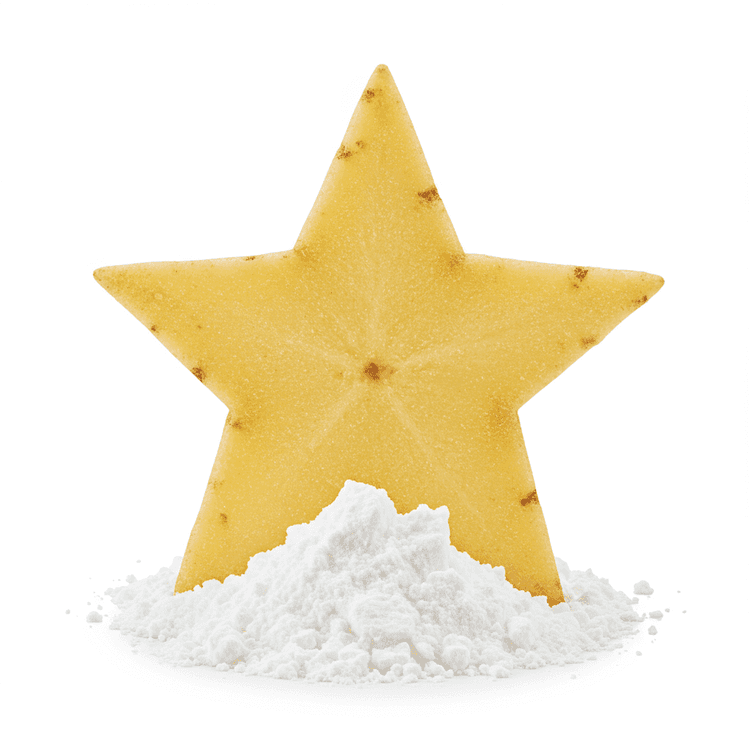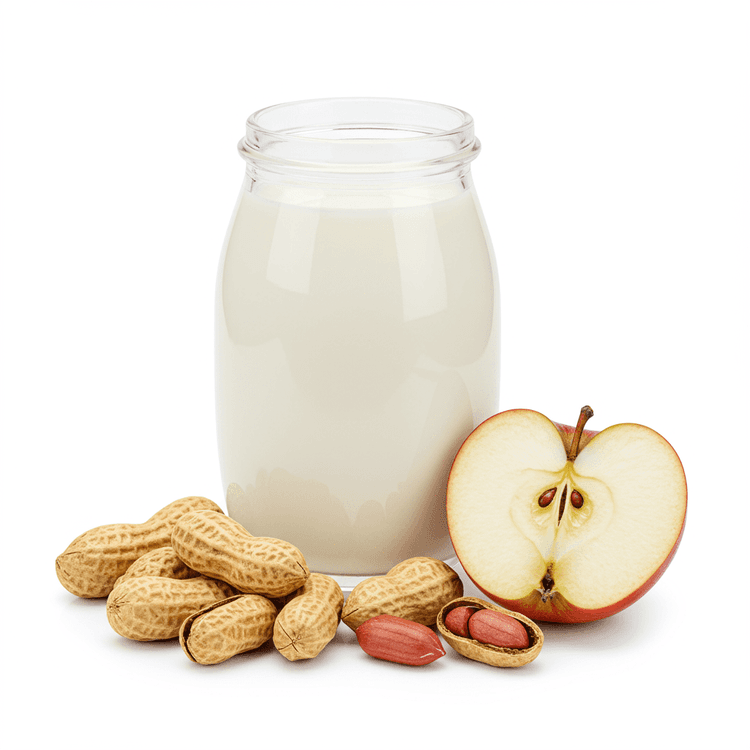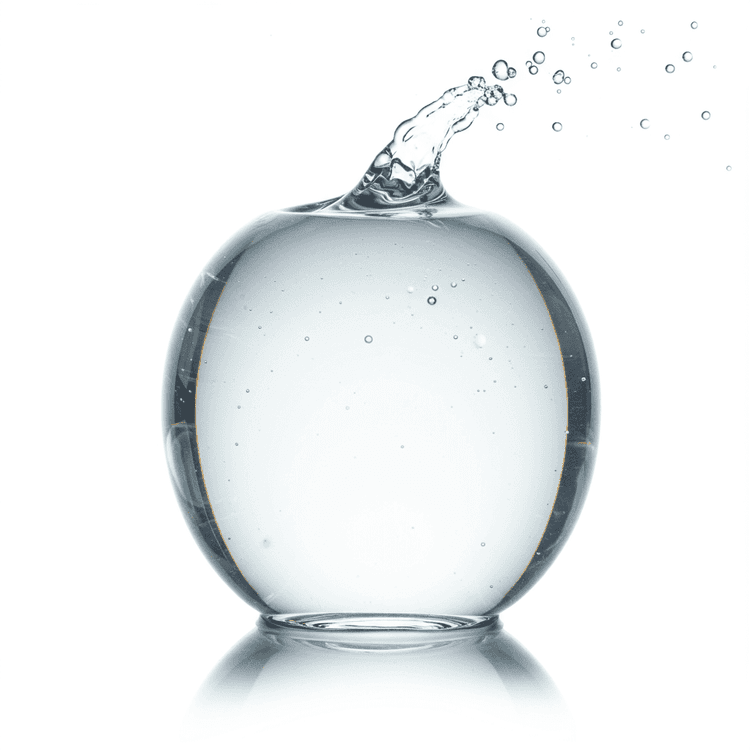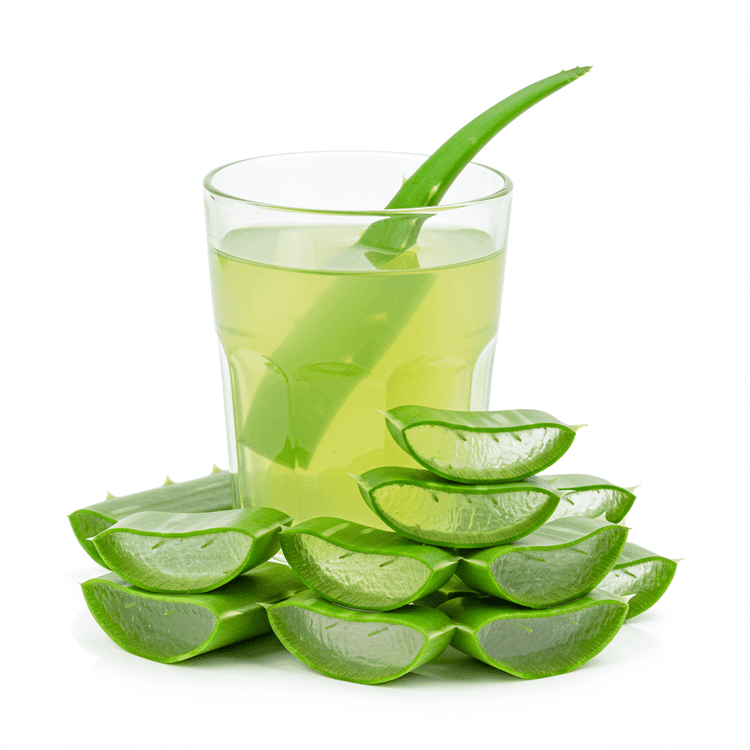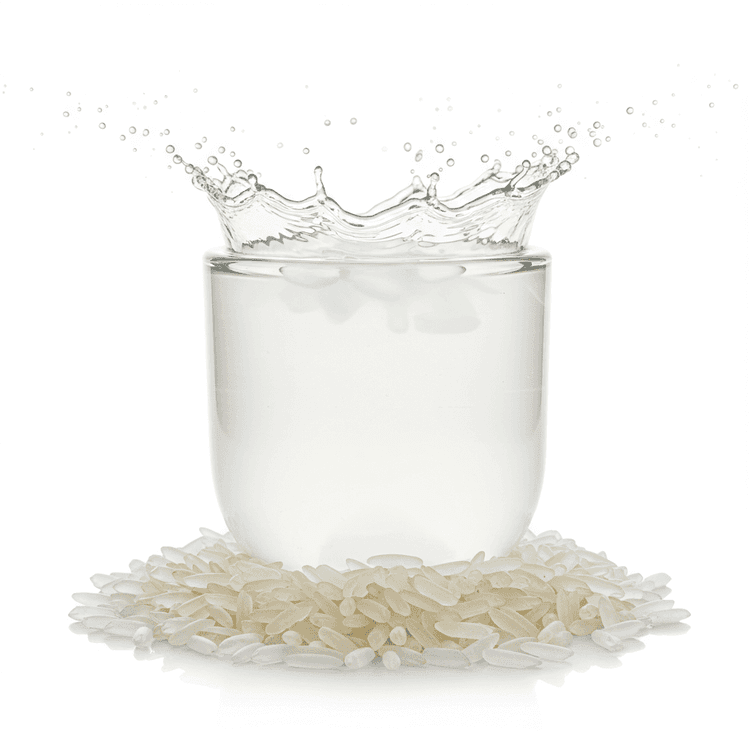
Rice Water
Rice water, the starchy liquid left over after soaking or cooking rice, is a subtly flavored and versatile ingredient in the kitchen. This milky-white liquid boasts a delicate, slightly sweet taste with a creamy texture. More than just a byproduct, rice water is rich in nutrients and offers a range of culinary applications and health benefits. Many cooks save rice water for alternative uses instead of discarding it.
Common Uses
- Use rice water as a flavorful and nutritious base for soups and stews. Its subtle sweetness enhances the overall flavor profile without overpowering the other ingredients. The starch also contributes to a slightly thickened consistency.
- Substitute rice water for regular water when cooking grains like quinoa or couscous. This imparts a delicate rice flavor and adds extra nutrients to the cooked grains.
- Incorporate rice water into bread and dough recipes. It can replace some or all of the water, resulting in a softer texture and a subtle sweetness in the baked goods.
- Utilize rice water as a natural thickener for sauces and gravies. The starch content helps to create a smooth and creamy consistency without the need for artificial thickeners.
- Employ rice water as a soaking liquid for legumes before cooking. This can help to reduce phytic acid content, making them easier to digest.
- Blend rice water into smoothies for a boost of nutrients and a creamy texture. It's a great way to add a subtle sweetness and extra hydration to your drink.
Health Benefits
- May promote gut health by providing prebiotics that support beneficial gut bacteria.
- Could improve skin conditions like eczema and dermatitis due to its soothing properties.
- Might help with hair growth and strength by nourishing the hair follicles.
- May provide energy due to the presence of carbohydrates.
- Could help maintain hydration due to its water content and electrolytes.
Chefadora AI is here.
Experience smarter, stress-free cooking.
Storage Tips
Rice water should be stored in the refrigerator to prevent bacterial growth. It is best used within 24 hours. Keeping it cold slows down spoilage and preserves its beneficial properties. You can store it in an airtight container to further maintain its freshness and prevent it from absorbing odors from other foods in the fridge. Discard any rice water that develops a sour smell or changes in appearance.
Marnirni-apinthi Building, Lot Fourteen,
North Terrace, Adelaide, South Australia, 5000
Australia
